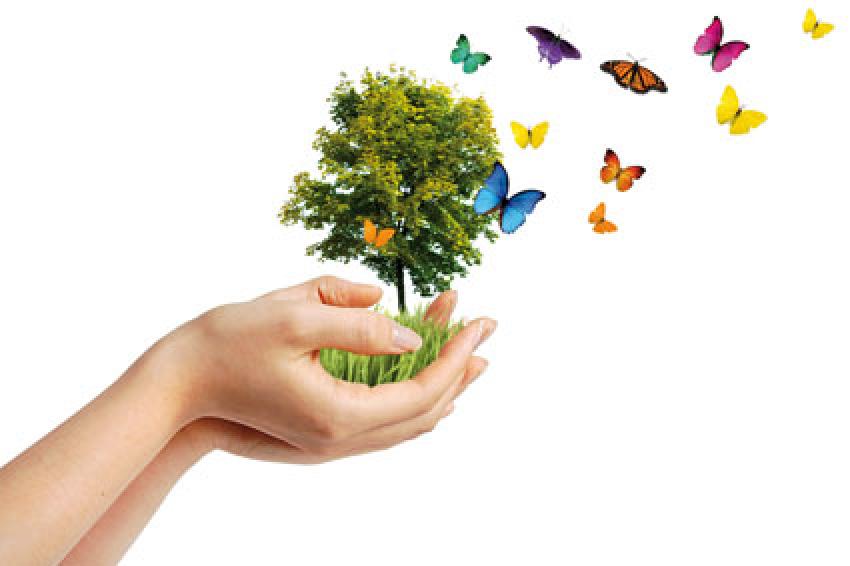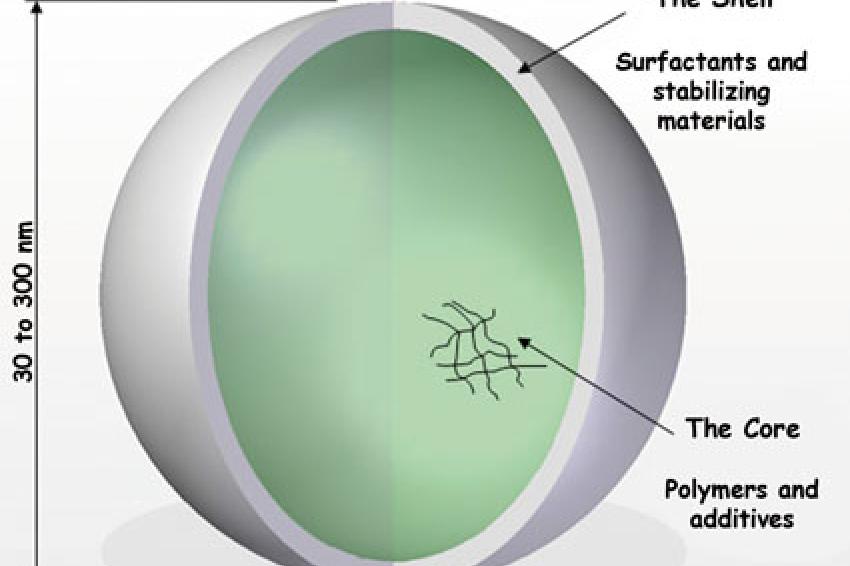How to Grow Sustainably
Global Changes: The Perspective of an Intermediate Supplier
VIP-Visions In Plastics - In the context of global changes, there are opportunities for the polymer industry to adapt and deliver solutions to existing and future needs. Sustainability has moved from the need for ‘green' to the need for a sustainable approach, pushing the industry to better meet the expectations of all stakeholders within the value chain, both in time and in scale.
The United Nations estimates that the world's population will grow of from 6.9 billion in 2010 to 9.2 billion in 2050, of which 85 % will live in less developed countries. (United Nations Population Division. World Population Prospects. The 2006 Revision). The growing population combined with increased living standards will result in an increase in energy demand, from growing food, to transport and to water supply. As a consequence, our customers will have to re-think the way they will be sourcing and disposing of the energy and materials which are essential for day to day activities. From a supplier's perspective, these changes are likely to bring new opportunities in the area of transportation, construction and consumables goods.
The Synthomer Approach
We are part of the chain. As a leading polymer supplier, Synthomer plays a significant role in the manufacture of products used in your day to day life: from the sound damping in your car, to the backing of the carpet in your office and the sheets on your bed. Synthomer interfaces in the life cycle of these products and as such has a responsibility towards the impact they have on your life and the environment. It is a key goal for Synthomer to link up the value chain by understanding the environmental impact of our raw materials, processes and products on the overall product life cycle ; identifying hotspots to focus our efforts on. This is underpinned by a belief that sustainability must be a win-win opportunity requiring suppliers and customers to work together.
At the core of our products
The first latex was produced by nature. Trees such as Hevea brasiliensis produce natural latex that is used in dipped goods such as gloves, swim caps, condoms or balloons. Inspired by natural latex post WWII, the chemical industry developed synthetic latexes. Made synthetically, latex can be formulated to suit different applicational needs. A synthetic latex such as those produced by Synthomer are typically composed of 50 % of water and 50 % of polymer particles. The latter is divided in two main parts, the polymer at the centre of the particle is built up of smaller molecules called monomers; and the stabilization layer on the surface (which prevents aggregation of the particles in emulsion). After evaporation, the outer layer promotes adhesion to surfaces to provide good film formation. The polymer plays a major role in mechanical film properties such as elasticity and softness. The molecular weight of these polymer chains, their composition and the level of crosslinking are some of the factors which influence the formation of a single and cohesive mechanical unit that can bind to specific types of surfaces or material. By controlling the particles architecture, composition and chain network Synthomer formulates a wide range of products best suited to the needs of its customers.
Synthomer promotes both aqueous-based and 100 % polymer based products in areas where solvent-based were, or still are, used. This has allowed our customers to reduce part, if not all, of their solvent usage in their formulations and achieve compliance with VOC regulations. Going a step further beyond solvent-based replacement, Synthomer is also looking directly at the polymer particles themselves (as pictured above) and is investigating the feasibility of substituting the components by less-resource intensive materials on three levels: Level 1: monomers. Level 2: stabilizing agents. Level 3: additives. This is a very challenging task and Synthomer is committed to look at it in a responsible way, assessing the impact of the material sourced on the environment, food-chain and natural habitat. To ensure the right level of support, Synthomer is working with academics who are recognized in the area, both from a biochemistry and chemical engineering aspects.
Customer focus.
Sustainability is often an undefined and unclear concept. From the challenges to the opportunities that it can bring, sustainability is understood and implemented differently depending on the end-use of the product. For Synthomer to provide solutions to enhance sustainability in the applications it serves, its sustainability team analyses the opportunities on three levels.
Level 1: Is there a need? Not all of our customers have sustainability on their priority list. This might also be when the end-product already has a low environmental impact as it is.
Level 2: How much Synthomer's products impact or have the potential to impact on the end-use? It is important to keep the complete life cycle of the end-product in mind in order to concentrate the efforts where they are most needed and effective.
Level 3: What criteria? Taking biodegradability as an example: what might be a driver in the consumable market might not be required in an application where you would not want your product to degrade in time. To be able to operate in this complex mode, Synthomer is engaging with its customers to provide solutions that enhance their sustainability credentials.
Coming back to the initial statement on global changes and the opportunities this creates; such as in construction for example, Synthomer provides latex grades integral to the composition of EIFS' insulation systems as well as cool roof paints. Both of these systems contribute to helping the end-user save energy via insulation and reducing the need for air conditioning. It has to be a continuous effort from our industry to identify solutions that both will meet economical and sustainable needs of the entire value chains in which we operate. Growing sustainably is a challenge, that we are taking on.
Contact
SYNTHOMER Deutschland GmbH
Werrastr. 10
45768 Marl
Germany






